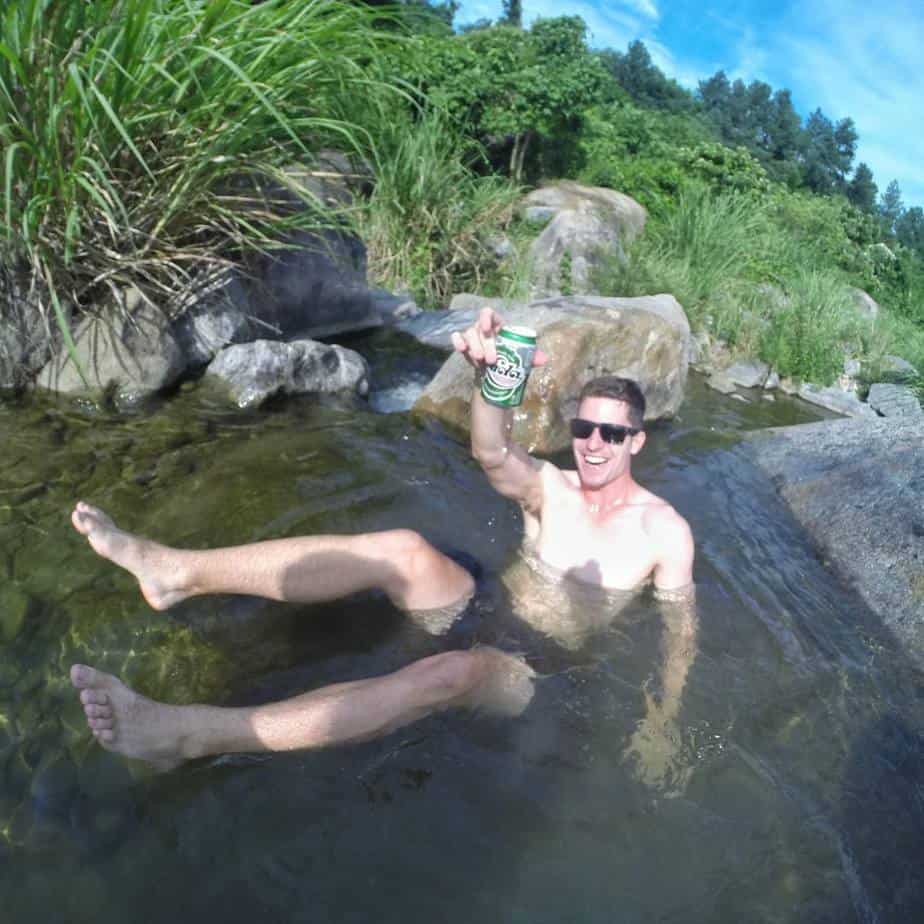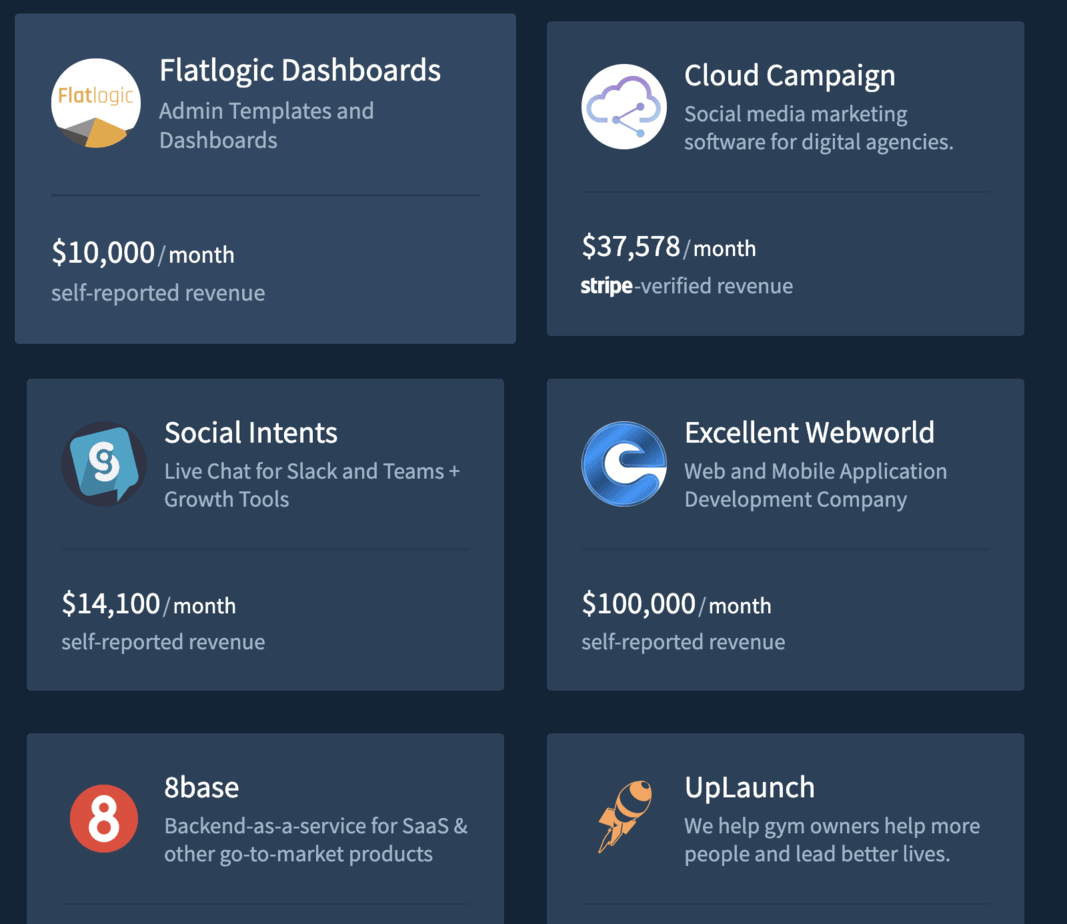Note: This post may contain affiliate links which means if you click on a link and purchase an item, we will receive an affiliate commission at no extra cost to you.
TLDR:
In this interview, David Lahav talks about the mindset shifts he went through when he began to delegate tasks to employees. He started out thinking that he was the only one that could do the necessary tasks to keep his businesses running.
But after hiring employees and encountering people who were better at certain things than he was, he realized that this wasn’t the case. So, he recommends that you should try to delegate tasks too, even if you’re afraid to do so. It can be a freeing experience.
He also recommends reading The E-Myth Revisited by Michael Gerber and Work the System by Sam Carpenter if you’re in that stage of transitioning a local business into something that’s location-independent.
Watch the full interview with David Lahav on Episode 1 of the WeNomad Podcast or read the transcript of this clip below.
Video Transcript:
Cam:
Let’s go deep on the process of converting a local business into a location-independent business that you manage remotely. Tell me about your process of doing this and what advice you’d give to someone who’s thinking about doing this.
David:
The first thing to start with, and we already touched on this, is the limiting belief. Potentially, through my story, you might realize that you’re able to take your local business, which you previously thought can’t, to be location independent.
The thing that can help with that is, first of all, looking for other businesses that are in your industry or niche. Even if it’s a nightclub, bar, or restaurant, you can find examples of owners that aren’t on-site that have a really strong staff that’s managing things, and they’re in Europe, Alaska, or Asia most of the year. So I’d say that’s the place to start with.
In terms of my own story, it kind of happened very naturally. I was first working in the business and then I hired a couple of employees. I was really focusing on growing the business and doing all these things.
Then I decided by necessity, pretty much, that this business hasn’t taken off to the level that I wanted it to. And I wanted to work on a startup in Israel. So, I moved to Israel for a year and that was the catalyst. Now, I’m running this business completely remote. Then it evolved and I came back to the states. I didn’t really want to be involved in the day-to-day and brought in a partner that took on the operation.
I guess that’s the second piece that can be helpful. In a business that’s very operational — a business that has vans, tools, and equipment like a restaurant — it does help to have someone that you trust be the one on-site, so you can be the one who’s going around the world and watching things from afar.
And there are many people who want to live that life. My business partner, he loves that. He loves the professional aspects of the job. He loves working with the vans, equipment, and all those, so it’s been a good fit for us.
Cam:
Yeah, that seems like a very, very key piece. Because we’re in Barbados, and we’re going off surfing in the middle of the day and we’re off the grid for three or three and a half hours. I observed it firsthand. You’re very out of the operational phase. You’re not in the day-to-day operations. As far as what I saw, you’re not taking customer calls. You’re not in the weeds. You’re very much out of the weeds, thinking strategically/high level with other people in the weeds in managing the process.
It seems like for a lot of people, getting out of the weeds and having someone else take over their role in the weeds that they trust is a key step. Talk to me about that because it seems like you’ve gone through that process multiple times. You have a cleaning business and you have other locksmith businesses. Tell me about hiring and managing that role, what you’ve learned, and what you’d tell someone else who’s trying to do that.
David:
I’d say the biggest challenge that we have as business owners who started the business is we’re so attached to everything that’s going on in the business. We also tend to have this belief that only I can do this job and do it well.
That’s the number one obstacle to releasing control and letting other people do this even if there’s a certain training period or a period where they’re the ones responsible, they’re going to make mistakes, and they’re going to fuck things up. But over the long term, they’re going to learn these things. And ideally, they’re also going to be doing these things better than you could, because they’re going to wear less hats than the business owner that does everything or they have talents in areas that we don’t have.
So it went from being afraid to delegate, thinking I can only be the one who does this well, to now I’m actually very happy to delegate and I have many employees in the businesses that do things way better than I ever did because they’re better at it than me.
Cam:
Big, big mindset shift for you there.
David:
This is something everybody — every business owner, I talked to who went through this process runs into these areas where there are certain things… Let’s say in my digital marketing agency, I thought that in terms of building the site, making the copy, the design, and the copywriting, I thought, “No one can do this better than me. This is like my magic.” And then I hired someone who’s a great, wonderful designer, and the websites that I designed looked like shit compared to the ones that he designed.
Cam:
Interesting. That’s a powerful realization.
David:
The advice would be, every time you want to bring someone you want to delegate, you want to create more freedom for yourself, and you have the thought come up like, “Oh, I can’t delegate this.”
Try. Delegate it anyway.
Cam:
What resources would you recommend to someone who’s navigating this journey? Whether it be a book, whether it be a podcast, are there specific things that really helped you that you think could help someone else?
David:
Yeah, so the couple of books that I’d recommend, one of them is called The E-Myth Revisited by Michael Gerber. And the other one is Work the System by Sam Carpenter.
What those books really help with is the mindset piece. Both of these authors went through this process themselves and helped thousands of businesses do the same. And then you really realize, “Oh, my business isn’t special. This is how it’s going to be done.” Like what we talked about limiting beliefs, I get almost a manual on how can I get the same results that these people have achieved.
Cam:
That’s some great stuff. I think that this topic is going to become increasingly more popular in coming years with the rise of remote work and more people wanting to be a part of that and wanting to live wherever they want. But I can very much understand and I’ve seen it firsthand with friends where they have a physical business and they’re trapped in the operations in the day-to-day and they haven’t been able to step out. So that’s gold.
David:
One of the key parts that I recommend for local business owners who want to go remote is to be prepared for a short to medium term time when they’re going to be doing more work and making less money because the business isn’t going to run as well as you do with new employees that you’re delegating to.
And it’s totally worth it. At least for me, it’s always been worth it. Freedom has been the number one priority, and I’m willing to make less money and work harder in the short to medium term in order to win this freedom to be location independent and to have a lot of freedom for the business.









Leave a Reply
View Comments